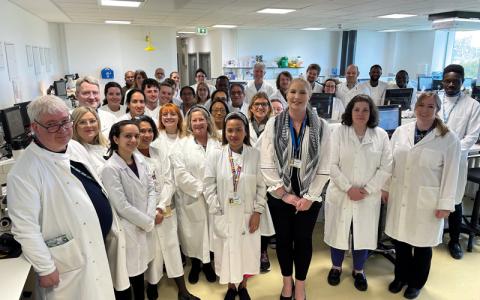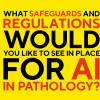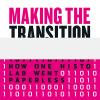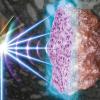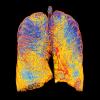Histopathology
Phenotypic plasticity in melanoma: the impact on management strategies
Dr Ghada Elayat looks at the role of epithelial–mesenchymal transition in cancer and the implications for melanoma development.
AI search engines put to the test
Four proposed state-of-the-art image search engines for automating search and retrieval of digital histopathology slides were found to be of inadequate performance for routine clinical care, US research suggests.
My lab: innovative cellular pathology
A guided tour of cellular pathology at One Dorset Pathology.



